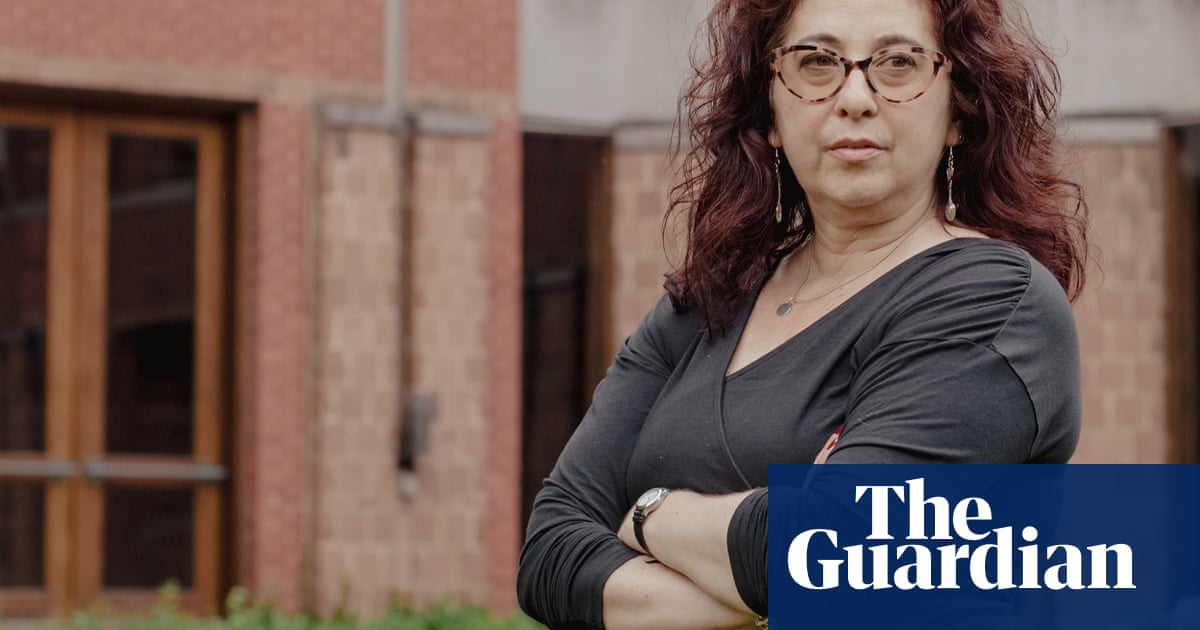- cross-posted to:
- [email protected]
- cross-posted to:
- [email protected]
She finds the whole idea absurd. To Prof Marci Shore, the notion that the Guardian, or anyone else, should want to interview her about the future of the US is ridiculous. She’s an academic specialising in the history and culture of eastern Europe and describes herself as a “Slavicist”, yet here she is, suddenly besieged by international journalists keen to ask about the country in which she insists she has no expertise: her own. “It’s kind of baffling,” she says.
In fact, the explanation is simple enough. Last month, Shore, together with her husband and fellow scholar of European history, Timothy Snyder, and the academic Jason Stanley, made news around the world when they announced that they were moving from Yale University in the US to the University of Toronto in Canada. It was not the move itself so much as their motive that garnered attention. As the headline of a short video op-ed the trio made for the New York Times put it, “We Study Fascism, and We’re Leaving the US”.
Starkly, Shore invoked the ultimate warning from history. “The lesson of 1933 is: you get out sooner rather than later.” She seemed to be saying that what had happened then, in Germany, could happen now, in Donald Trump’s America – and that anyone tempted to accuse her of hyperbole or alarmism was making a mistake. “My colleagues and friends, they were walking around and saying, ‘We have checks and balances. So let’s inhale, checks and balances, exhale, checks and balances.’ I thought, my God, we’re like people on the Titanic saying, ‘Our ship can’t sink. We’ve got the best ship. We’ve got the strongest ship. We’ve got the biggest ship.’ And what you know as a historian is that there is no such thing as a ship that can’t sink.”



The brown shirts have the keys to the kingdom, and so there’s no easy way to get rid of them. By my count they’ve already won, and will be able to do a depressing amount of damage before anyone could hope to stop them. If you’re a vulnerable group who has the opportunity to leave and isn’t ready to die fighting, leaving is the safest bet.